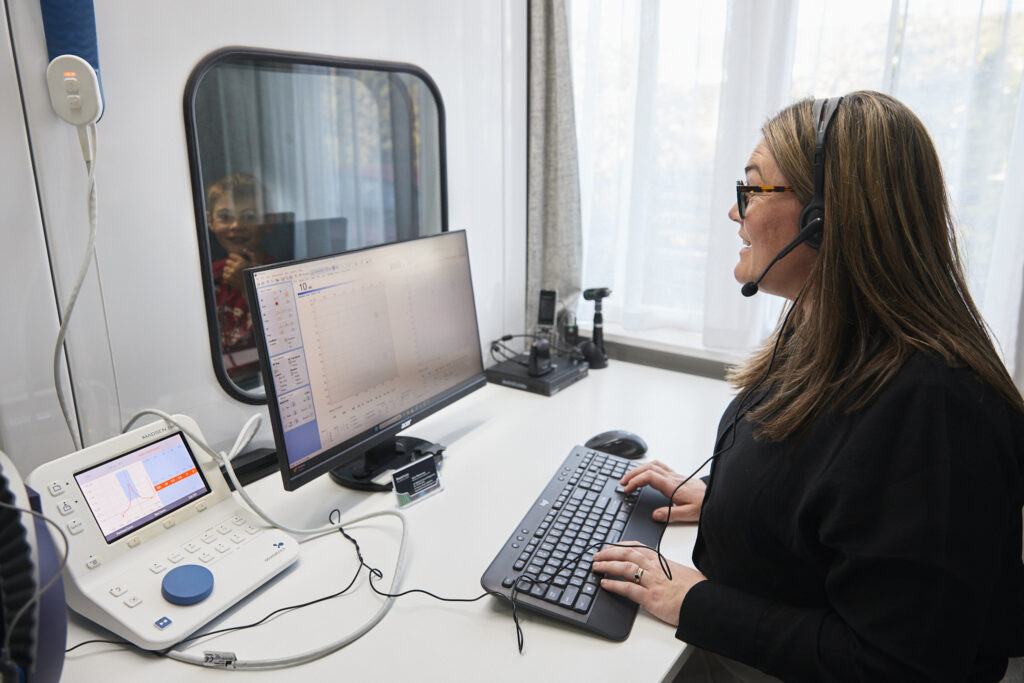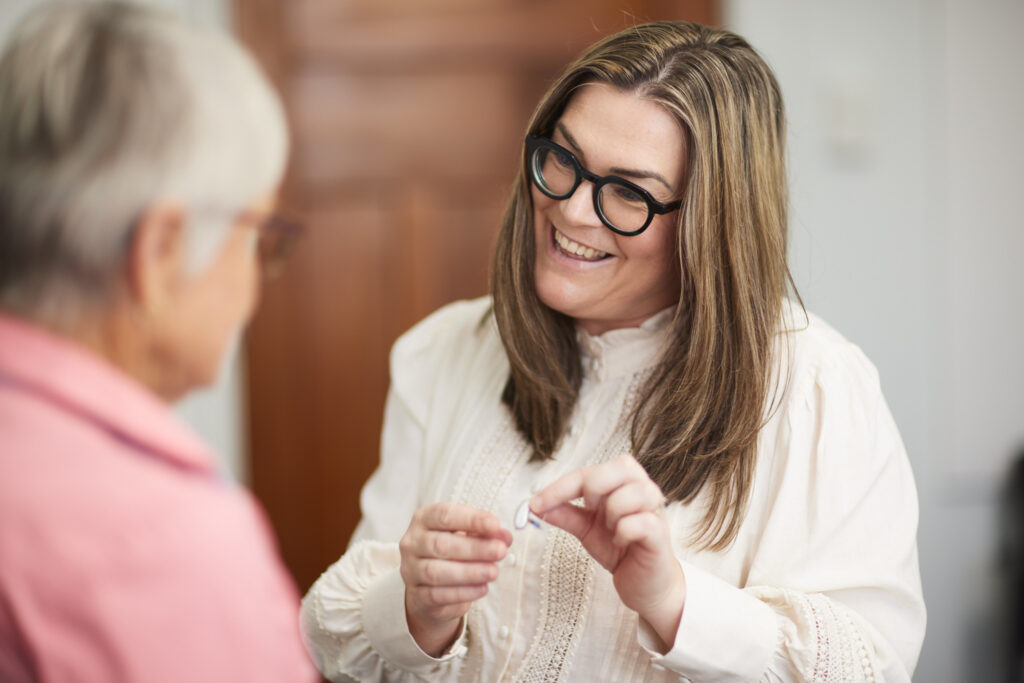

We don’t just hear with our ears; the brain is where we process sounds and make sense of them.
Auditory Processing Disorder (APD), sometimes known as Central Auditory Processing Disorder (CPAD), is a term used for a condition where the ears process sound normally, but the brain is not able to accurately or quickly process the information.
APD can affect both children and adults.
You can be born with APD or acquire APD from a brain injury, disease or even as a part of the aging process.
See the New Zealand Audiological Society APD guidelines here.

We assess for Auditory Processing Disorders here at our clinic in Blenheim. Before booking an APD assessment we will need a recent hearing test to confirm the status of your underlying hearing ability. We recommend doing this at a separate appointment.
The APD assessment consists of several tests, each of which provides us with information on a different way we process sound. Some of the auditory skills we access include:
We then compare results of each test to age matched peers to determine if there are any issues and with what specific auditory processing skills. This information is collated into a report, which will include specific recommendations based off the findings.


The overall prevalence in
children in New Zealand is estimated at 6.2%, with
higher rates in some populations. APD prevalence is estimated to be higher in adult populations.
We allow 2 hours for an APD test, this enables us to have plenty of breaks to make sure concentration does not affect the results. The initial hearing test is done at a separate appointment.
Some causes of APD are listed below:
Yes, APD can co-occur with other disorders.
Because APD can affect the correct and rapid recognition of phonemes, the sounds of speech, it can be an underlying cause of language, phonological awareness, spelling, and reading problems including dyslexia.
We can start gathering information on a child’s auditory processing skills in from about age 5. Due to the way the brain matures we are unable to make a diagnosis of APD until the age of 7. We know that starting treatment early is beneficial.
There is no upper age limit to testing for APD.
Yes, through auditory training in clinic or at home and through remote microphones and hearing aids.